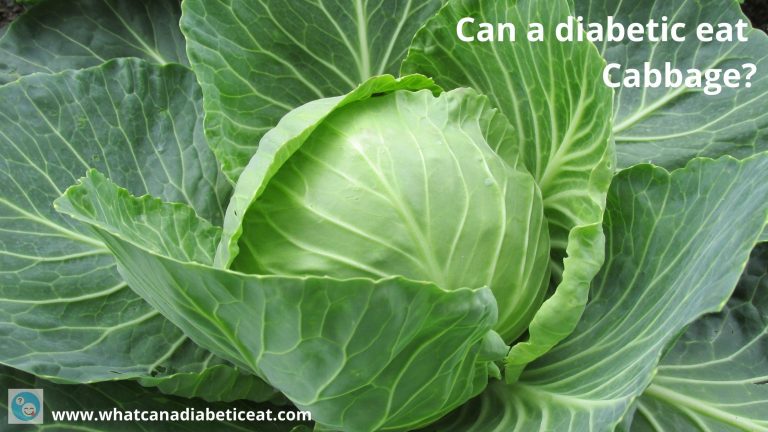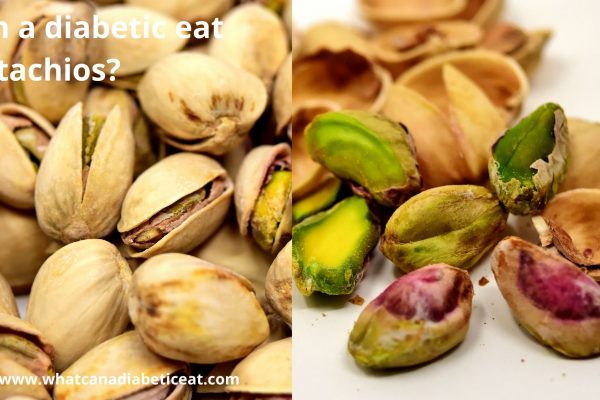Can a diabetic eat Cabbage?
Yes, a diabetic can eat cabbage daily in moderate amount. Cabbage is a cruciferous vegetable that is diabetes friendly at par with healthful vegetables like broccoli, cauliflower, kale, brussels sprouts and spinach. Diabetes friendly vegetables have low glycaemic index (GI) and do not cause serious spikes in blood sugar levels. Cabbage has a GI of 10 which is very low. A diabetic can fill up with cabbage or other low GI foods without any fear of blood sugar spikes.
Does cabbage raise blood sugar levels?
No, cabbage does not raise blood sugar levels. As cabbage is low in carbohydrates and GI, eating cabbage-based meal will not result in high blood sugar levels. Cabbage is decently filling to kill hunger but safe in terms of blood sugar levels. Moreover, cabbage provides you with many essential nutrients, vitamins and minerals.
What are the benefits of eating cabbage?
Experts say cabbage has many health benefits for diabetics and non-diabetics too. For example, cabbage can help regulate blood pressure. Cabbage is rich in potassium and hence keeps blood pressure in check. As diabetes is closely associated with hypertension, cabbage can be beneficial for diabetics. If a diabetic also suffers from hypertension, risk of serious complications gets much higher. So, cabbage can help reduce health complications for a diabetic.
Cabbage helps you feel full for longer. As a result, you will eat less than normal and lose weight. You end up eating less while cabbage fills you up and provides required nutrition. This helps regulate blood sugar levels and cholesterol too. Nutrients in cabbage can help strengthen your intestines and stomach lining.
Cabbage has a range of nutrients such as vitamin B, vitamin C, vitamin K, dietary fibre and folic acid. Such nutrients make cabbage a great diet for kidney health. This is great news for a diabetic as kidney damage is one of the complications due to diabetes. All such facts make cabbage one of the best vegetables for diabetics.





